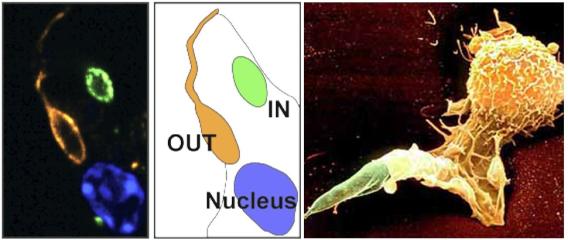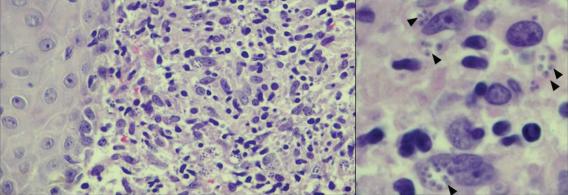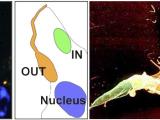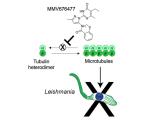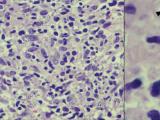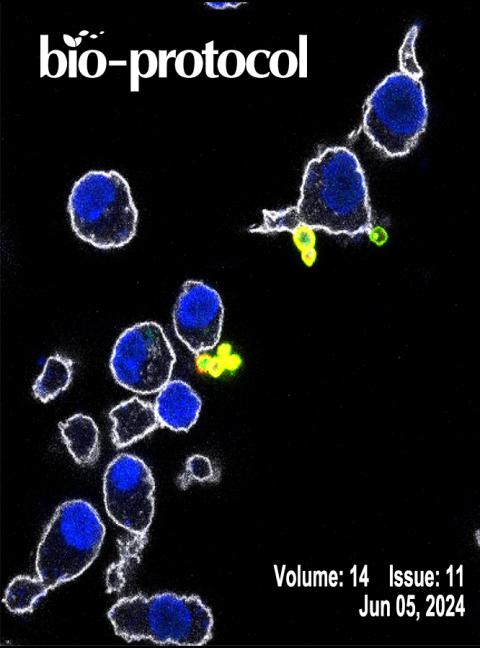Leishmaniasis, a disease caused by the single-celled parasite Leishmania, disfigures or kills 2 million people every year in the developing world. As such, it is one of the twenty leading causes of infectious disease death worldwide. Yet very little is known about the basic biology of Leishmania or how this parasite survives within its mammalian hosts. In addition, the drugs that are available for leishmaniasis do not work well and have very toxic side effects. Therefore, new antiparasitics are desperately needed.
Our laboratory targets critical steps in the parasite’s life cycle in order to develop therapeutics for this neglected tropical disease. Leishmania must repeatedly enter phagocytic cells such as macrophages to establish infection and cause disease. The cell entry process appears to be primarily macrophage-driven, not parasite-driven. Our proof-of-concept work using a host cell kinase inhibitor, imatinib, demonstrated that preventing these cell entry steps is a potential novel strategy to combat leishmaniasis. In theory, drugs that target the host cell instead of the parasite would be less likely to engender resistance.
Our current work focuses on two major questions:
- How does Leishmania enter cells? We are studying how Leishmania interacts with macrophage receptors, and how the subsequent signaling pathways within the macrophage allow parasite uptake and survival.
- Can drugs that block these cell entry steps be used to treat leishmaniasis? We are combining the drugs that we discover with currently used therapies for leishmaniasis to determine if we can improve upon approved regimens. We are also screening small molecule libraries to discover new drugs that prevent Leishmania uptake by macrophages and may work better than current antiparasitics.
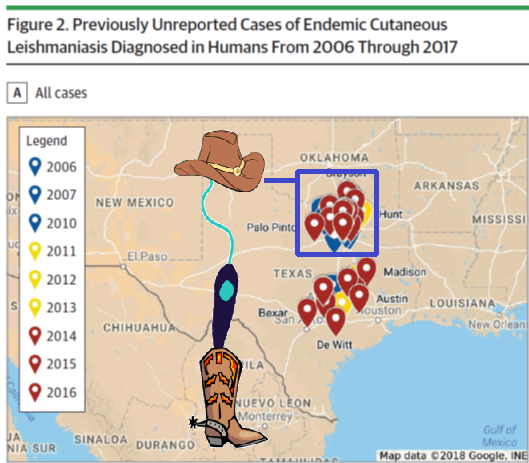
Texas cases of Leishmaniasis (right). Data from JAMA Dermatol. 2018;154(9):1032-1039
Join Our Lab
Be part of the great impact we're having on science and medical care across the globe.We are always looking for excellent new lab members!
